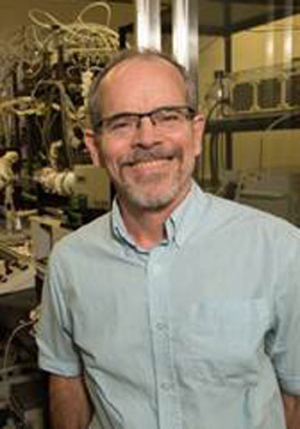The University of Houston Cullen College of Engineering has won a grant that will help dozens of young researchers from around the country attend an upcoming conference on chemical reaction engineering.
The National Science Foundation awarded the $22,000 grant to Mike Harold, chairman of chemical and biomolecular engineering at the Cullen College. Harold is the organizer of the 3rd North American Symposium on Chemical Reaction Engineering, set to be held in Houston later this month.
The theme of the conference is “Chemical Reaction Engineering for a Sustainable Future: Addressing New Challenges and Revisiting Persistent Problems in Energy, Environmental, and Chemicals Research.” Covered topics will include advanced fossil fuel recovery and refining methods; environmental technologies for mobile and stationary sources; advanced power generation devices; and biomass conversion to fuel and chemicals.
The NSF Grant, Harold said, will be used to pay 100 percent of the conference registration costs for more than 30 young researchers, which includes graduate students and postdoctoral researchers. There is also a stipend for a group of junior faculty members.
According to Harold, “Over the past few years, there is the perception that the chemical reaction engineering is a mature sub-discipline of chemical engineering. But with the challenging problems being faced in energy and environmental areas in particular, reaction engineering is re-emerging as a critical discipline. With this grant, the NSF is providing a great vehicle to increase attendance of young investigators, including people from underrepresented groups, who will continue the CRE mission.”
By attending the conference, young researchers will be able to present their own research findings as well as interact with their peers from other institutions and with leading academic and industrial researchers. This, Harold said, will expose them to recent developments in chemical reaction engineering and inspire them to generate new ideas that will advance chemical reaction engineering in the coming years.
